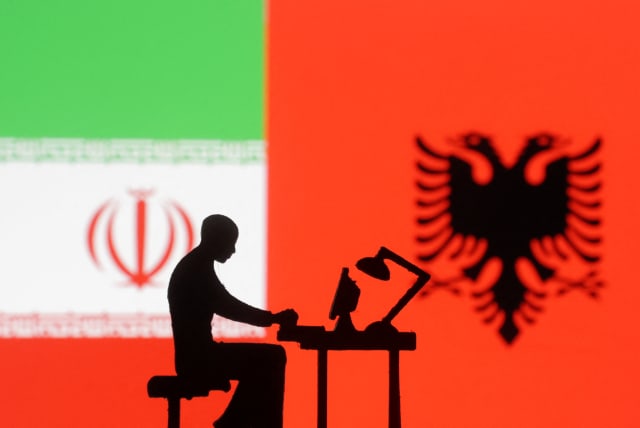Cyber Attacks Hit Albanian Parliament and One Albania Telecom: A Deep Dive into the Threat Landscape
Introduction: In a world increasingly dependent on digital infrastructure, the threat of cyber attacks looms large over nations and organizations. Recently, Albania found itself at the center of attention as both the Albanian Parliament and One Albania Telecom fell victim to sophisticated cyber attacks. This incident raises questions about the state of cybersecurity in the country and the broader implications for national security.

The Cyber Attacks: The Albanian Parliament and One Albania Telecom, two critical pillars of the nation’s infrastructure, recently suffered cyber attacks that underscore the vulnerabilities of digital systems. The attacks targeted sensitive information, disrupted services, and prompted concerns about the potential motives behind such assaults.
Attack on the Albanian Parliament: The Albanian Parliament, as the legislative body of the country, holds a wealth of sensitive information crucial to national security and governance. The cyber attack on the Parliament aimed at breaching its digital defenses and accessing classified data. The incident highlighted the growing sophistication of cyber threats and the need for robust cybersecurity measures to safeguard crucial institutions.
)
One Albania Telecom in the Crosshairs: One Albania Telecom, a major player in the country’s telecommunications sector, also fell victim to a cyber attack. The assault targeted the company’s infrastructure, disrupting communication services and causing widespread concern among the public. As telecommunications form the backbone of modern societies, an attack on such a vital sector raises questions about the potential impact on the nation’s connectivity and ability to respond to emergencies.
Motives Behind the Attacks: Determining the motives behind these cyber attacks is a complex task, as cybercriminals, hacktivists, and state-sponsored actors can all be potential perpetrators. The Albanian government is now working diligently to investigate the origin and purpose of these attacks. The motives could range from espionage and data theft to the disruption of critical services, potentially serving as a means of coercion or protest.

The State of Cybersecurity in Albania: The cyber attacks on the Albanian Parliament and One Albania Telecom shed light on the current state of cybersecurity in the country. It raises questions about the adequacy of existing measures to protect against evolving cyber threats. Governments and organizations worldwide must continuously adapt their cybersecurity strategies to stay ahead of malicious actors who are becoming increasingly sophisticated and persistent.
The Importance of Cybersecurity Preparedness: The incidents in Albania serve as a wake-up call for nations globally to prioritize cybersecurity preparedness. Investing in advanced cybersecurity technologies, fostering collaboration between public and private sectors, and developing robust incident response plans are crucial steps to mitigate the impact of cyber attacks. Additionally, raising awareness about cyber threats and promoting a cybersecurity culture among citizens is essential in building a resilient digital society.
International Implications: Cyber attacks, especially those targeting critical infrastructure, have international implications. The interconnected nature of the global digital landscape means that an attack on one nation’s infrastructure can potentially affect others. The Albanian incidents underscore the need for international cooperation in addressing cybersecurity challenges and developing collective strategies to counteract cyber threats.
Conclusion: The recent cyber attacks on the Albanian Parliament and One Albania Telecom highlight the urgent need for nations and organizations to prioritize cybersecurity. As technology continues to advance, so too do the capabilities of cyber adversaries. The incidents in Albania serve as a stark reminder that cybersecurity is a shared responsibility, requiring concerted efforts at national and international levels to safeguard the digital future of nations.
